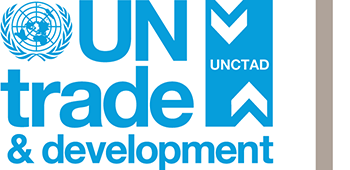The COVID-19 shock was a major factor behind a contraction of the Kenyan economy of 0.3 per cent in 2020, after the robust growth rates of 5 and 6 per cent in the two years before the pandemic. The fall in activity was, however, much milder than in many countries of the African continent, whose growth decelerated by 2 per cent, on average. This is the result of Kenya’s relatively more diversified and resilient economy. It also reveals a more proactive government management of the macro economy, although, from a distributional perspective, the brunt of the economic adjustment to the pandemic was left to fall more disproportionately on small and micro firms and poor households. These groups, who are the majority, suffered much and got little support from the government’s fiscal and monetary responses. The year 2021 saw a start of a strong recovery where GDP is expected to grow at 6.6 per cent. Again, the rapid rebound on the back of an aggressive fiscal deficit and a resulting higher debt burden, is deepening the regressive distribution of income and the rise in poverty. IFIs in Kenya argue that the fiscal space had reached beyond its limits and was aggravated by the pandemic. Hence, they call for tight fiscal and monetary policies. However, this study argues that such policy shift will be contractionary, endangering the ongoing recovery and with the ultimate effect of making the poor to absorb even more hardship. What Kenya needs is concessional financial support in the short run, and a commitment of IFIs to accompany strategic efforts to address its structural problems such as export diversification and productivity growth. These in turn require robust growth of investment (both public and private) along the mid-term, and where incomes of the majorities raise at par with productivity. Rather than cutting investment and social spending, a strategic development plan should focus on efficiency and better public sector management. Admittedly, for that not only institutional changes in Kenya but also in the international political economy set up and the global financial system are called for.
